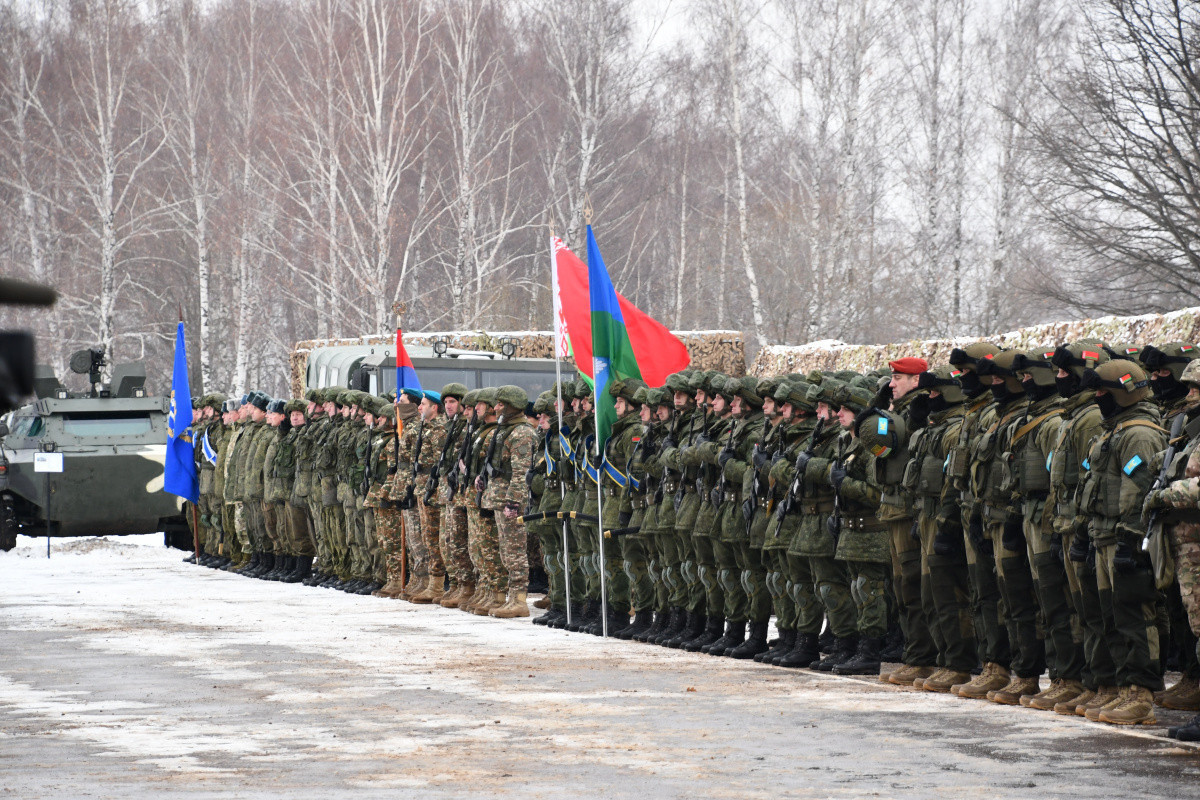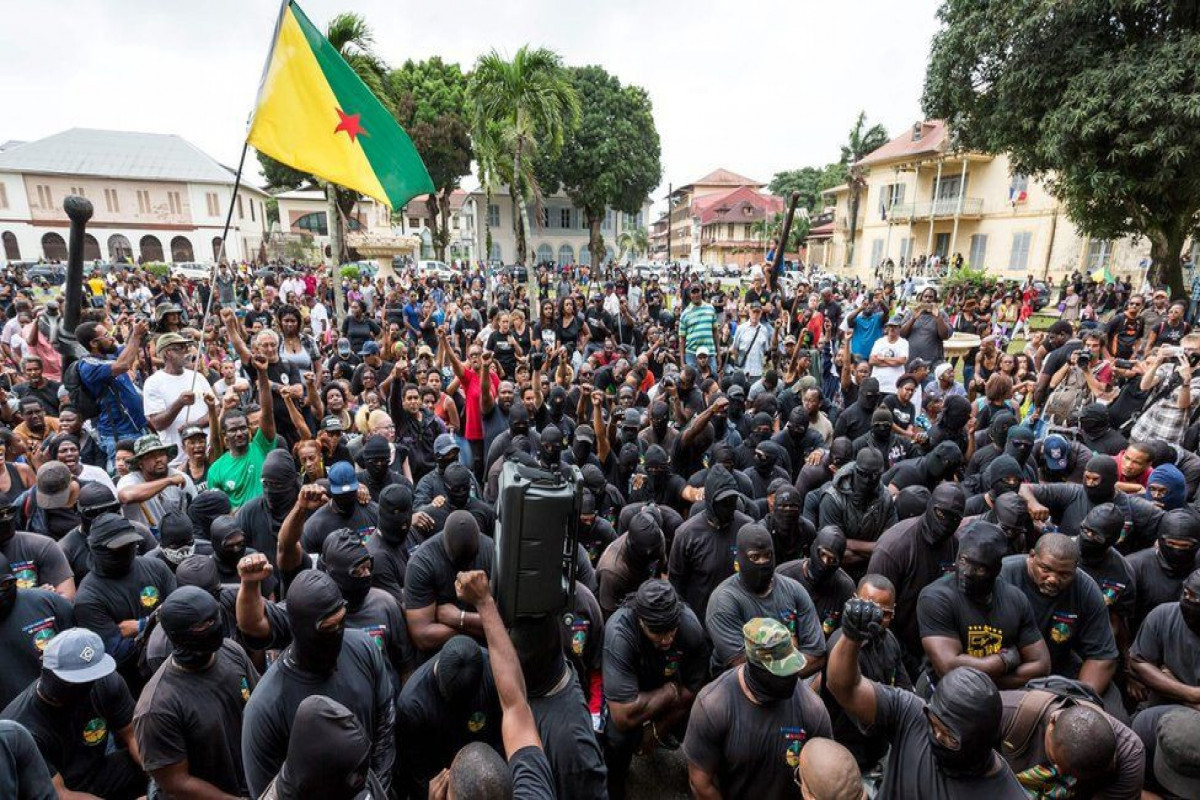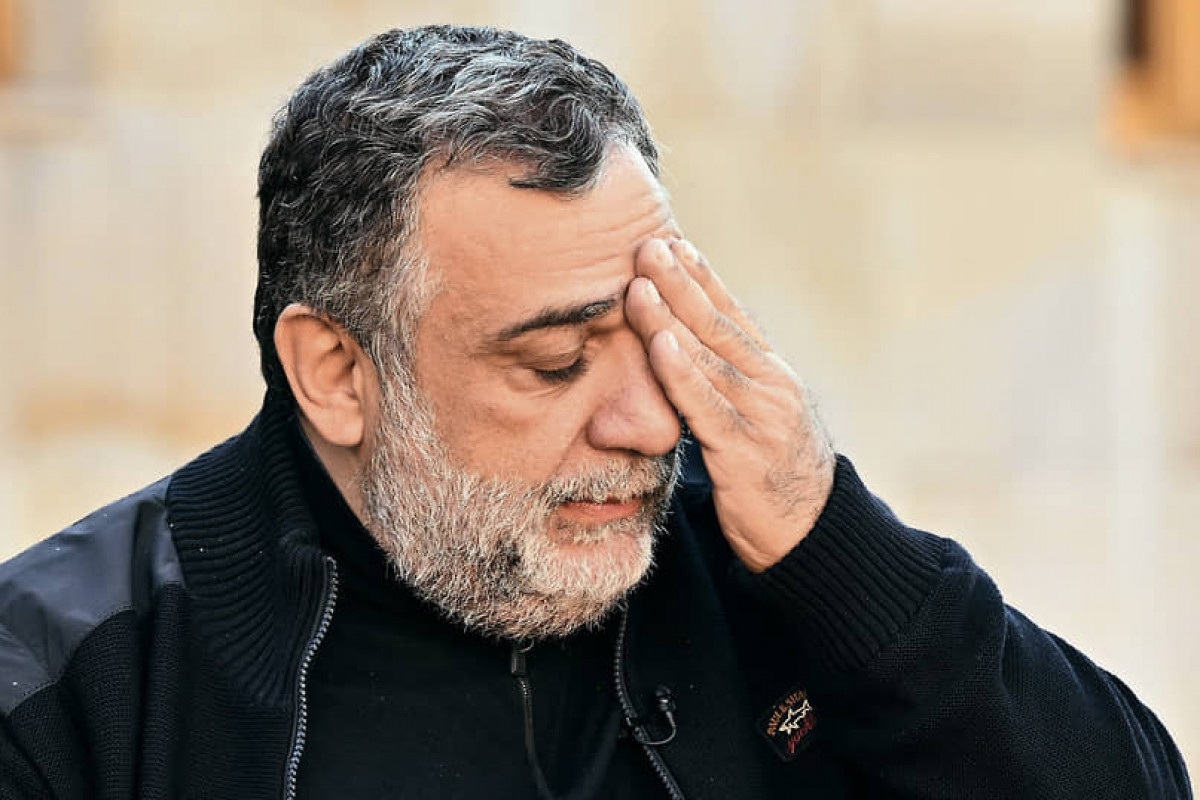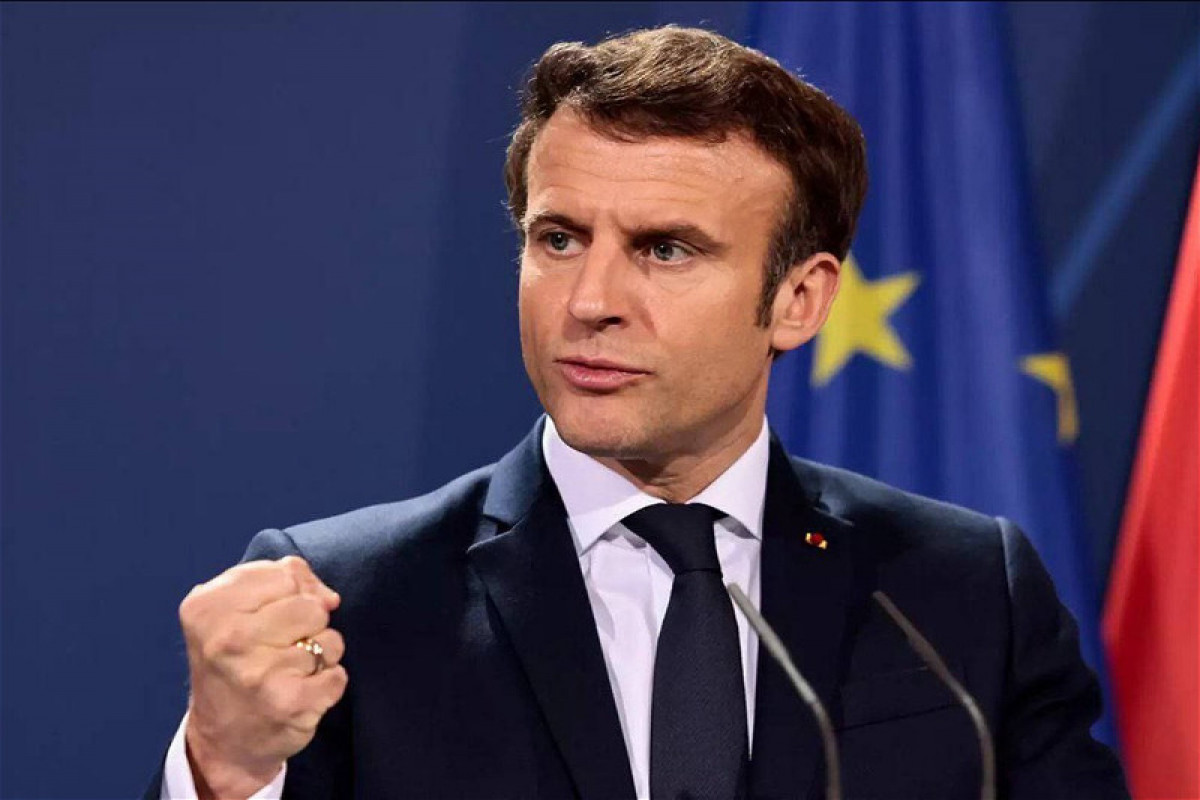What happened in Kazakhstan has once again proved the level of international law and the world order. Billions of people around the globe have seen that the principle of recognition of the sovereignty and independence of countries by the United Nations, is not enough in this or another case.
The Kazakh leadership has been distinguished by the decisive steps it has recently taken in its foreign policy. The Country also took serious steps in the direction of building the national-ethnic identity, the basic elements of the independence of each state, such as the alphabet and language. Of course, the transformation of Kazakhstan into an important leader in Central Asia, the further development of Turkish-Kazakh cooperation in recent years, and the signing last year of an agreement on military cooperation between the two governments caused concern for other sides who had a geopolitical interest in Central Eurasia. Recently, all Central Asian states have made significant progress in terms of national and ethnic roots and identification, self-awareness and historical ties between the Turkic peoples, integration, and statehood. As a result, the number of artificial conflicts between the countries of the region, artificially created ethnic conflicts in the border areas, conflicts and disputes for regional political leadership has significantly decreased, Instead, Nursultan, Tashkent, Ashgabat, and Bishkek, realizing that the development of their statehoods would not be easy, began to work in solidarity on the philosophy of the development of national statehood. In September 2021, Kazakhstan and Uzbekistan, the largest countries in Central Asia in terms of population and territory, and the most economically developed countries, put an end to all border disputes, and in December signed a declaration characterizing bilateral relations at the allied level was closely observed by many circles. Over the past month, some have called the signing of an alliance agreement between Kazakhstan and Uzbekistan the beginning of a major political alliance. For the first time in 30 years, Kazakhstan and Uzbekistan have called their relations a military-political alliance, not a partnership. Decisions taken within the framework of the Organization of Turkic States on the challenges faced by member states could not be unequivocally welcomed by many circles.
It is no coincidence that since the end of December, the US, Russian and Chinese media have been closely following the events in Central Asia and paying close attention to the steps taken by the countries of the region in terms of foreign policy and national self-awareness. In fact, this is not surprising. Because the Turkic world has always been jealous of the world's large population and important geopolitical geography. Let us recall that in the past, certain states were established to prevent the expansion of the great Turkic states and empires. This point alone showed that the circles that consider themselves "Second" and "Third" Rome today, the groups that play an important role in world governance, will not let go of what is happening in this region.
On the other hand, it is known that the Central Eurasian Line, which is considered an important point of the globe, has become a real testing ground for geopolitical struggle by the United States, Russia, China, and the EU. In the struggle against each other, they do their best to win in the struggle against global and regional hegemony, taking into account their own interests, not the national interests of the surrounding states. Although the verbal agreements reached between the United States and Russia after World War I have been broken in some geographies, it is well known that Western Europe is of fundamental importance to Washington and the CIS to Moscow. It turns out that in the framework of the geopolitical struggle for these regions, Russia will insist until the end that in no case compromise Central Asia and the Caucasus.
Against the background of quite serious successes achieved by Kazakhstan, the events in this country, followed by the deployment of the CSTO army in the country, once again raise the issues of sovereignty, statehood, and security in the region. First of all, it should be noted that neither NATO nor the CSTO carries out functions such as civil confrontations, rallies, and internal conflicts within the member states.
In particular, at a time when Kazakhstan's law enforcement agencies are leaving the heated phase of the unrest behind and beginning to regulate the situation and take control of the situation, the CSTO (read by Russia) is in a hurry.
The step taken by the CSTO, which is currently deploying its troops in Kazakhstan, will in fact serve as a precedent for similar events in other member states in the future. The irony of history is that Nicole Pashinyan, who blamed Robert Kocharyan for the events of March 1, 2008, came to power through the square, arrested the Armenian Secretary-General of the CSTO, and whose army was destroyed in 44 days last year, sends 100 troops to quell unrest in Kazakhstan. It is no secret that the issue of Kazakhstan has always been one of the most important issues for Armenians. They have not forgotten Kazakhstan's support for Azerbaijan over Karabakh. It is no coincidence that Armenians dominate among those who are happy that the army has been deployed in Kazakhstan and that the Kazakh people are facing serious challenges. For example, Margarita Simonyan's demands to Kazakhstan to return to the Cyrillic alphabet, to give freedom to Russian schools, and so on, are at least the last straw. If Margarita Simonyan is really a Russian fanatic, she should have made these demands to Kocharyan, Sargsyan, and Pashinyan long ago. Requirements such as the transition of the Armenian alphabet to Cyrillic and the opening of Russian-language schools should be the first steps to be taken for Armenia, which considers itself an ally of Moscow.
Undoubtedly, Simonyan and others in this mindset - Baghdasarov, Solovyov, Zatulin, Milonov, Zhirinovsky, and others - are not interested in the interests of Russia and the Russian people, they are dominated by mercantile and national interests. It is clear that we are clearly witnessing the use of the situation in the events around Kazakhstan. These events show once again that the most important value for political authorities is that the state is truly sovereign. For this, society should not be divided into groups, a single nation should be formed, and national self-consciousness should be at the highest level.
At the same time, these events once again prove that dissatisfied citizens while on the streets should be attentive and vigilant, should state their protests in a legal and civil way. In this background, speeches and views voiced by several groups in Azerbaijan and abroad, during Kazakhstan events, calling themselves as opposition, create regret. Being happy with events in Kazakhstan, black forces wanting a change of the situation in our country, once again proved that they serve the donors abroad, by their speeches against the background of the latest events. But, let these circles who agree all troubles to happen to Azerbaijan, not to confuse our people and the state with others. Becoming hopeful from the events in Kazakhstan, these people should understand that unlike many states in the CIS, Azerbaijan, in the true meaning of the word is an independent and sovereign state. Very easily occupation of different states, collapse also happen in the condition of great faults in state establishment, lack of united national unity among different ethnic groups, the social situation among regions, lack of coordination in the direction of management, citizens being faced with a choice between the West and Russia. Our people united around the ideology of Azerbaijanism, founded by the national leader Heydar Aliyev, supports internal and foreign policy conducted by President Ilham Aliyev. The functionality of state institutions, people-government unity which is considered the most important for every country to be sovereign and independent, sustainable, is at a high level in Azerbaijan today.
Events in Kazakhstan once again showed that in many cases groups protesting under the pretext of protest are controlled by the different circles, their main purpose is to create chaos within the state, to oppose strengthening of the state, to carry out the interests of the foreign circles. The main result, that should be taken from brotherly Kazakhstan is that the independence, sovereignty of the country depends on every citizen.
Protesting against something, being dissatisfied about something does not give a reason for being a tool under some external forces and states. Despite protests in Kazakhstan starting with social demands, the process takes such a direction that the result may be a partial or complete loss of the country’s independence and sovereignty.
The events in Kazakhstan also show that the geopolitical fight for the region will reach a peak in a short time.
It should not be overlooked that both Central Asia, South Caucasus, and all near geography seem as bait to large and reactionist states and they will try to take advantage of every little opportunity. As it was in Kazakhstan.
Zaur Mammadov,
Adviser to the Academy of Public Administration under the President, Chairman of the Baku Political Scientists Club



 ANALYTICS'>
ANALYTICS'>


